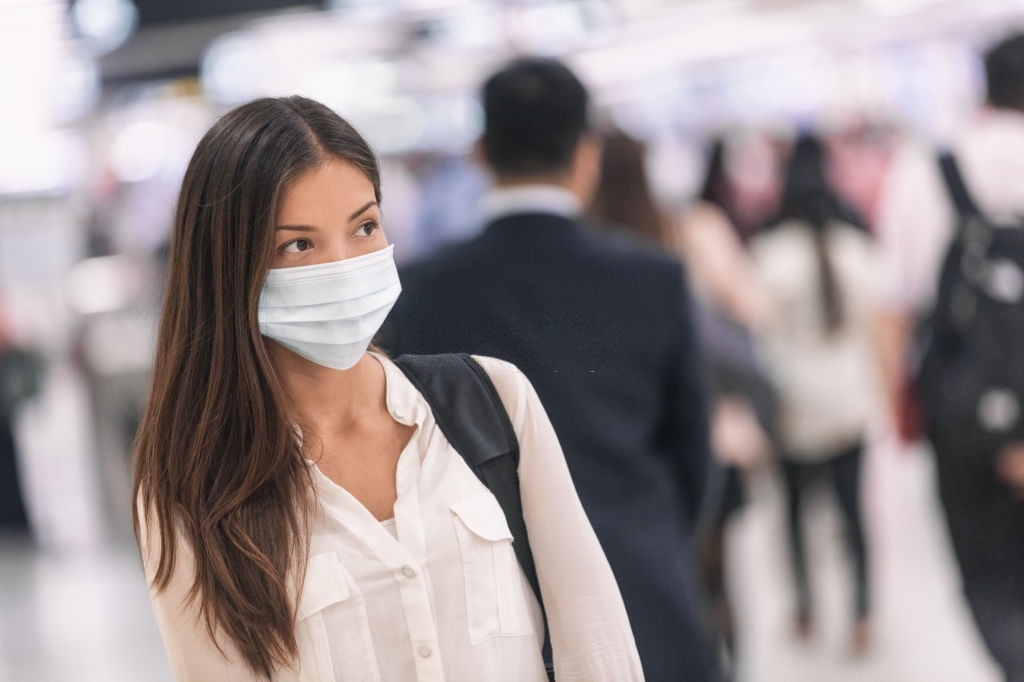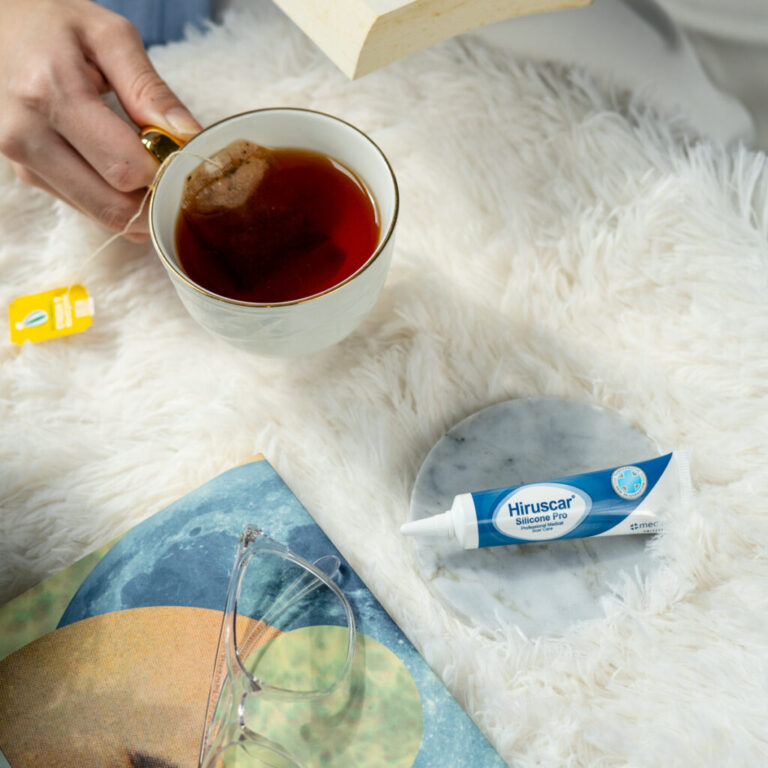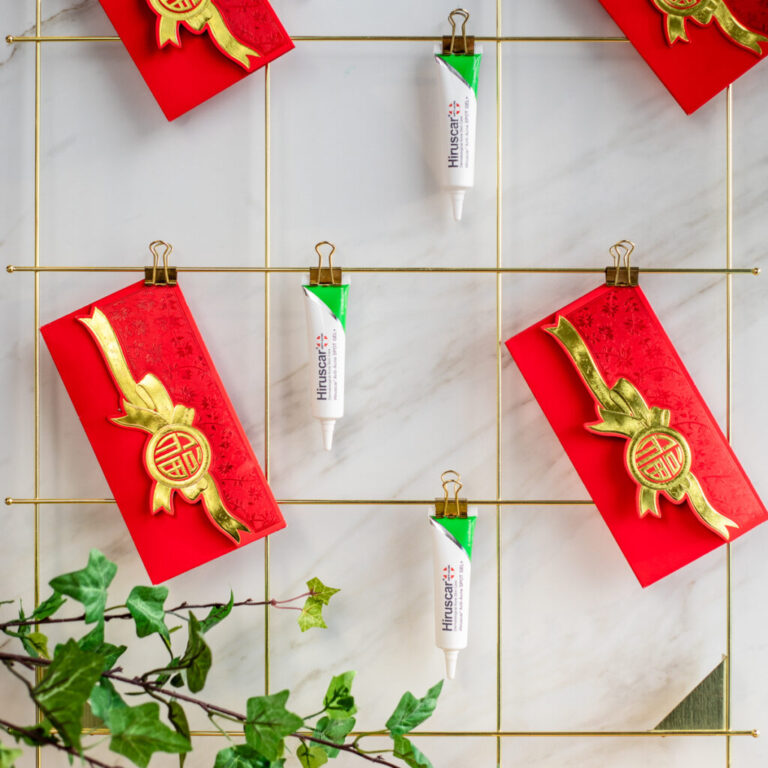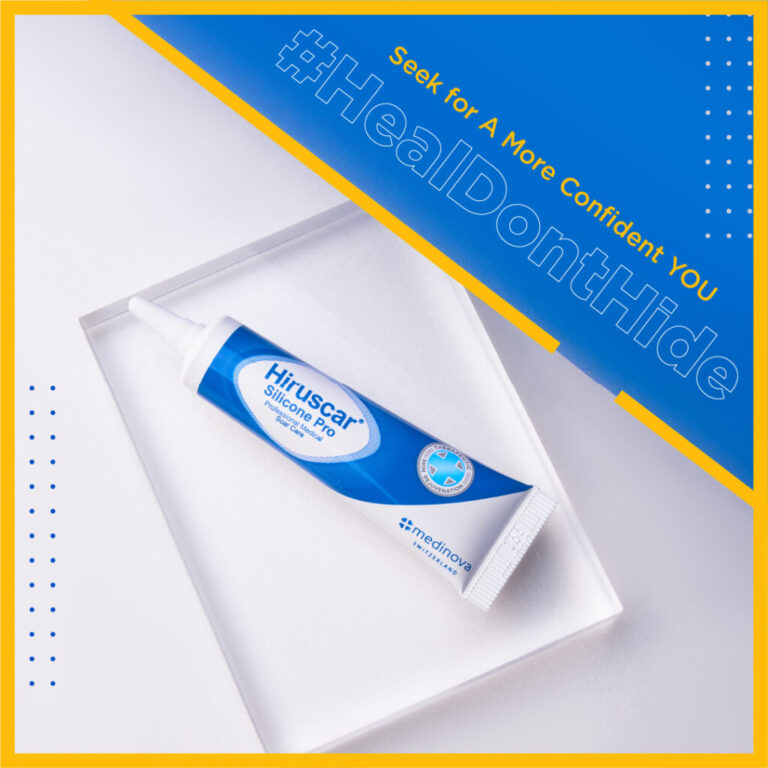
Since it has become imperative to wear face masks, especially outdoors, due to Covid-19, it is also essential to know how to take care of your facial skin to avoid acne that comes as a result of wearing a face mask for an extended period of time.
Friction, rubbing, and sweat trapped underneath the mask can break down the skin barrier leading to redness and flaky skin. Also, the materials used in making the face mask, the elastic ear loops, and paper or cloth dyes can act as allergens to some people — leading to breakouts.
To avoid acne breakouts, it’s vital to observe good facial hygiene. Use a suitable moisturiser on your face and hands to prevent dryness and irritation, replace disposable mask, and avoid wearing heavy makeup under the mask.
Here are steps you can take to prevent acne breakouts when wearing face masks.
1. Always Wear a Clean Mask
Used masks retain bacteria. Therefore, always wear a clean mask. If a fresh mask isn’t readily available, spray the inside of the mask with alcohol, and allow it to dry before using it.
Otherwise, ensure that you wash your face mask after every use to prevent bacteria buildup, which can cause acne breakouts. If your skin gets easily irritated, use a hypoallergenic laundry detergent or soap to wash your mask.
2. Use a Rich Oil-based Moisturiser or Balm Before Wearing a Mask
When shopping for an oil-based moisturiser, look for a product with shea butter, cocoa butter, or jojoba oil to create an extra barrier between your skin and the face mask.
3. Use Makeup, Lightly
Your makeup can also serve as the extra barrier between your skin and the face mask. However, ensure that you remove the makeup as soon as you can because the mask on top of the skin may cause the makeup to clog up your pores.
4. Use a Gentle Skin Regimen
As often as you will need the mask, you need a simple facial routine. Look for milk or lotion cleansers, oil cleansers, aloe-based toners, and moisturisers. Choose fragrance-free products or those scented with only essential oils to avoid irritants on your face.
5. Use an Acne Scar Cream
An acne scar treatment product like Hiruscar also doubles as an acne prevention cream. Hiruscar can be used as a night facial routine to help prevent acne breakouts. It can also serve as a protective barrier between your skin and the mask on the day you don’t wear makeup.
6. Use a Fabric Gentle on Your Skin
If you have sensitive skin or skin prone to breakouts, the last thing you need is to add even more irritation with a scratchy, uncomfortable face mask.
Different types of fabrics have different textures, and some will irritate your skin more than others. For example, some printed cotton fabrics used to make face masks can be too rough for your skin. Therefore, using something smoother, like neoprene, can prevent skin irritation.
Also, cotton can trap moisture more than polyester or nylon, so if you’re in a hot region, use a mask made from breathable, moisture-wicking cloth.
7. Protect Your Ears
Using a mask with an elastic strap can result in friction burn on the back of your ears. If you have sensitive skin or you’ll be wearing a mask for long hours, you can attach the straps to buttons on your head or attach to a clip behind your head.
Protecting yourself and others against the virus is a priority during these times. And, maintaining a strong skin barrier that helps to prevent the spread of bacteria, viruses, and infection, is also crucial if you desire to keep your skin soft, supple, and acne-free. If you already have acne breakouts or acne scars, try Hiruscar acne and scar removal gel. You’ll be amazed by the results!



